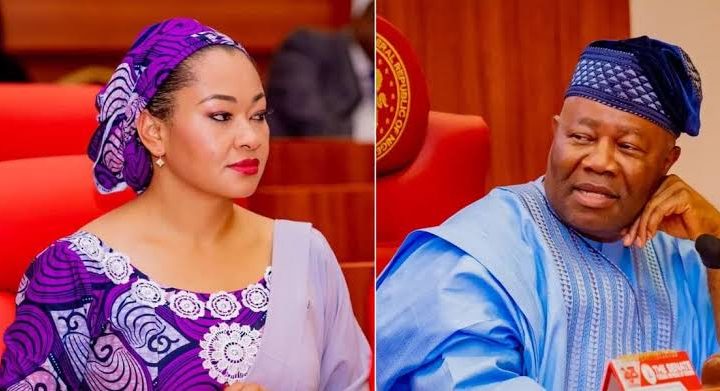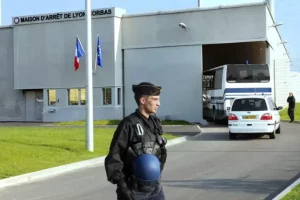Featured
Latest News

July 14, 2025
add comment
Chairman of the Edo State People Democratic Party Caretaker Committee, Tony Aziegbemi, has said the next move...

July 14, 2025
add comment
Veteran actor Yemi Solade has publicly tendered an apology to fellow actor and filmmaker Afeez Owo Abiodun...

July 15, 2025
add comment
The Nigerian Senate has explained why it cannot yet reinstate Senator Natasha Akpoti-Uduaghan, who was suspended in...

July 14, 2025
add comment
Croatia captain, Luka Modric, has signed a one-year deal with AC Milan at the age of 39,...

July 14, 2025
add comment
Prime Minister Netanyahu has said he’s ready to enter talks for a more lasting ceasefire once a...

June 28, 2025
add comment
The African Export-Import Bank has sealed a partnership deal with the Creative, Reality, Entertainment, Arts and Music...

July 14, 2025
add comment
Dear APC Anambra South Senatorial bye-election delegates, No one goes to the farm with blunt farm tools,...

Visionless APC and Anambra’s Hapless Cockerel
July 11, 2025
add comment

July 12, 2025
add comment
You can notice signs of HIV on the tongue during the early and late stages of the...

Probe Calabar hospital CMD Group Tells Tinubu
July 4, 2025
add comment

July 14, 2025
add comment
The Ondo State Government has postponed the papers scheduled for tomorrow in the ongoing Joint SS2 Promotion...







































